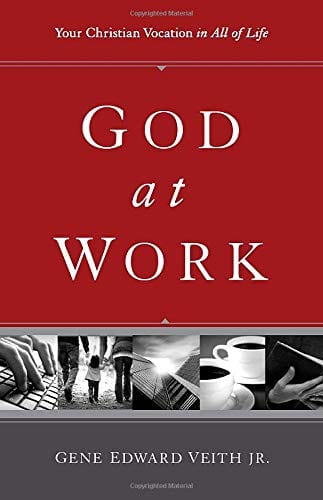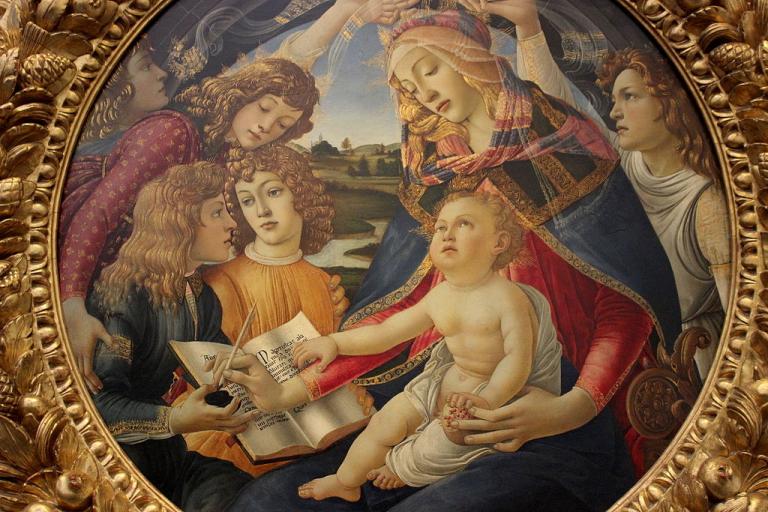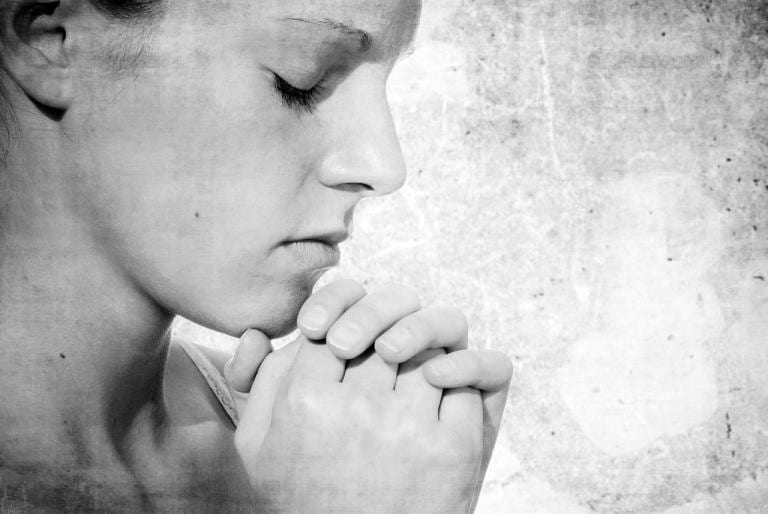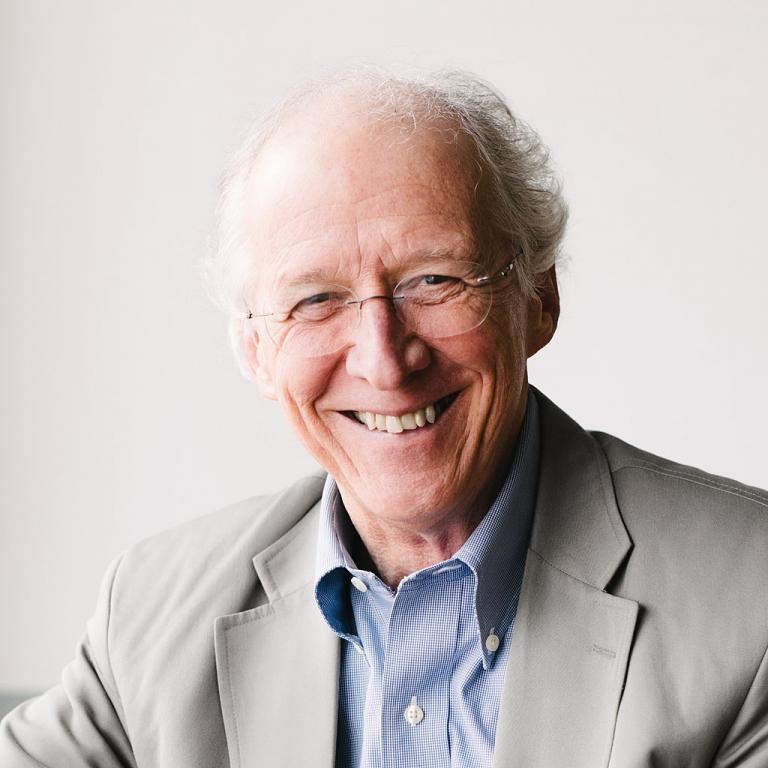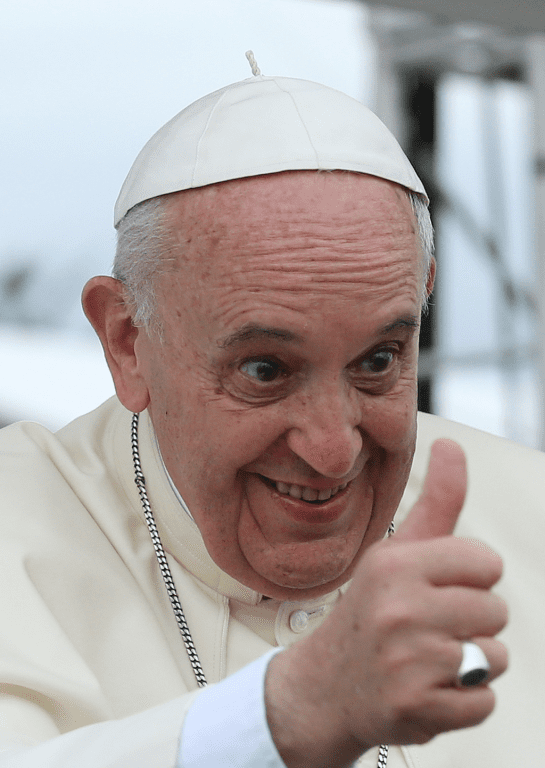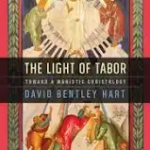The church was packed for the funeral of a lady in her upper eighties. She and her late husband had had a lot of children, and here they were, along with a whole slew of grandchildren and a passel of great-grandchildren. Add in the spouses of the various generations, plus nieces and nephews and their children, and the church was pretty much filled with family, all coming before God to thank Him for this woman’s life and to commend her back to Him.
What if this woman had not happened to meet her husband, way back in the 1930s? What if they had not gotten married? Half of the people in the church, from the middle-aged grand parents to the little kids squirming in the pews, would cease to exist. The union.of that man and woman had consequences they could never have dreamed about, leading to untold numbers of new lives down through continuing new generations, untold numbers of baptisms, new marriages, and new children being born. Clearly God was working through this woman along with her husband in the family they started.
Every Christian–indeed, every human being–has been called by God into a family. Our very existence came about by means of our parents, who conceived us and brought us into the world. Again, God could. have populated the earth by creating each new person separately from the dust; but instead He chose to bring forth and care for ,new life by means of the family.
The family is the most basic of all vocations, the one in which God’s creative power and His providential care are most dramatically conveyed through human beings. Anthropologists point out that the family is the basic unit of every culture. The family, with its God-delegated authorities, is likewise the basis for every other human authority. Thus the vocation of citizen ship has its foundation in the family, and the father’s calling to provide for his children gives rise to his calling in the workplace. And even in the Church, the family is lifted up as an image for the intimate relationship that God has with His people: God is our Father in Heaven; the Church is the Bride of Christ.
We were born into a family, our very existence being due to a mother and a father. Being a child is a vocation, according to the Reformers, and we will always be the child to our parents. And it may be that we children, in turn, will be called into marriage–another lifetime relationship–and that we will be called to be parents, with children of our own. All of these are holy, divine vocations from the Lord.
Then the chapter goes on to discuss how each of these vocations function in God’s design as realms for living out our faith in love and service to the specific neighbors they bring into our lives.
I have written other things on the topic of vocation since God at Work came out in 2002, including an entire book on this topic of the callings within the family that I co-authored with my daughter Mary Moerbe: Family Vocation: God’s Calling in Marriage, Parenting, and Childhood.
Get that one too!



